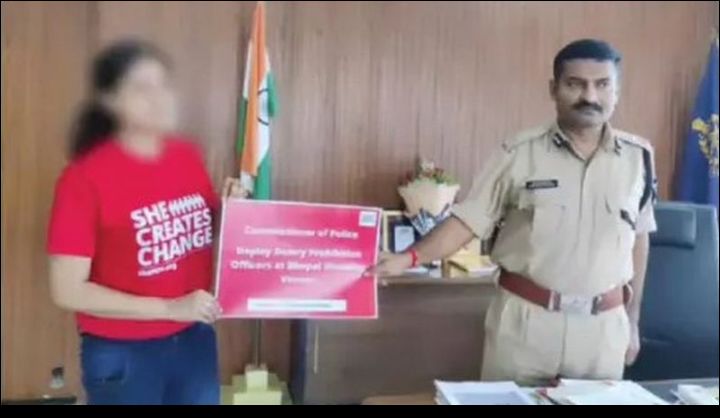
Women’s rights are not solely an American concern; they transcend borders worldwide. One specific issue prevalent in India is dowry, which involves the bride’s family gifting cash, clothes, and jewelry to the groom’s family. Despite being illegal since 1961, dowry persists, creating financial burdens and perpetuating gender inequalities in Indian marriages.
Gunjan Tiwari, a 27-year-old teacher from Bhopal, has initiated a petition demanding police to combat dowry culture in India. Gunjan’s experiences of multiple rejections due to dowry demands motivate her to act. For over 60 years, there has been a prohibition of the dowry culture in India. However, a recent study reveals that 90% of Indian marriages still involve this practice. Dowry payments between 1950 and 1999 amounted to a staggering quarter of a trillion dollars. The consequences are dire, with the National Crime Records Bureau reporting that an average of 20 women are killed daily for providing insufficient dowry. Additionally, dowry is one of the causes behind the imbalance in India’s gender ratio. Families now resort to aborting female fetuses, fearing that daughters will burden them financially.
Gunjan’s petition calls for police raids on wedding venues and arrests of those giving or receiving dowry. It aims to instill a “fear of punishment” and halt this cruel practice. Although Bhopal’s police chief, Harinarayan Chari Mishra, acknowledges the problem and promises assistance, he emphasizes the need for increased awareness and mindset change. He says the police cannot be everywhere at the same time. Women’s rights activist Kavita Srivastava supports police involvement. She highlights the complexity of tackling dowry, advocating for better implementing of existing laws to combat dowry culture in India.
Gunjan desires marriage but refuses to pay a dowry. However, her family’s desperation to find a suitable match for her intensifies with each passing day. Her ancestral village considers a 25-year-old as old in the marriage market, adding pressure to Gunjan’s situation. Her father relentlessly searches newspaper matrimonial columns, enlists the help of relatives, and joins a WhatsApp group to connect with potential matches. Yet, most prospects demand lavish weddings costing around 5 million rupees, while her father can only afford half. Gunjan’s insistence on marrying without dowry further complicates her parents’ already difficult life.
Remember, our mission is a commitment to fight for the rights of all women. We will continue to shed light on stories like this to keep our community informed.
Consequently, how can the prevalent dowry system in India be effectively abolished to protect women from violence and discrimination? What steps can individuals and society take to change mindsets and promote equal treatment in the marriage institution, eliminating the need for dowries?




